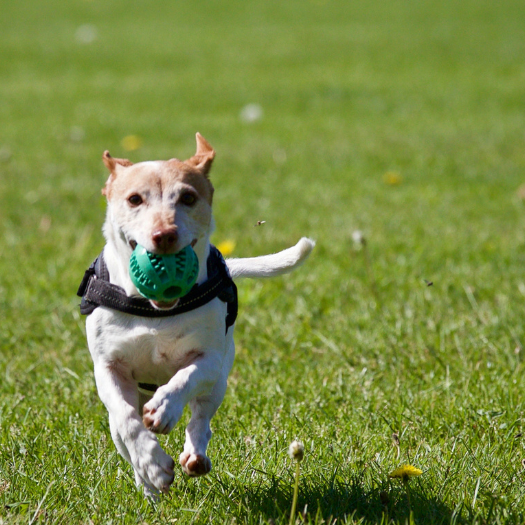Read Further & Help Your Dog
Find a huge range of articles below, rich in information and suggestions, that can help you get your dog back on the road again
Find a huge range of articles below, rich in information and suggestions, that can help you get your dog back on the road again

What is Glaucoma in your dog Glaucoma is when excessive pressure builds up in the eye (intraocular pressure. This then causes damage to the optic nerve and can result in your dog losing their sight. It’s also very painful for...

For Arthritis medicine, you need to look at joint supplements. These will reduce pain and make the joints more supple. Supplements which include glucosamine and chondroitin support joint health and reduce arthritic symptoms. In addition, research has shown that foods...

The first step in diagnosing arthritis is your dog’s vet giving them a physical examination. The vet will do a palpation too (examining your dog by touch to locate pain and assess its intensity). It’s quite likely that your vet...

Although it’s natural to think of arthritis as only affecting dogs who are getting on a bit, and have therefore suffered life’s normal ‘wear and tear’ in their joints, that’s not always the case. Arthritis - a general term for...

Although any dog can develop osteoarthritis or arthritis, particularly if they’ve had a trauma or injury to the joint, there are some breeds that seem more susceptible. These breeds are: Miniature Poodles; Boston Terriers; Chihuahuas, Pugs; Yorkshire Terriers; Welsh Corgis;...

Although there’s no one specific sign for arthritis, once you know what to be on the lookout for, they’re quite easy to identify. If you see any of these, it’s definitely worth checking with your vet who can do an...

First step, visit your vet It’s always important to have a diagnosis from a vet. Once your vet’s confirmed that your pug is suffering from pug myelopathy there are several products to help protect the paws from knuckling and to...

Dry or itchy skin can be caused by a number of reasons. Most commonly, however, it’s triggered by parasites, such as fleas, poor diet, or an allergy to something in your dog’s food or environment. Sometimes itchy skin can be...

What causes itchy skin in your dog If your dog’s suffering from itchy or flaky skin, there could be a number of causes. It could indicate a grass allergy, or parasites such as fleas, or due to other environmental factors....

What are the signs of a skin allergy Itchy skin - or to give it its medical name, pruritus - is a common concern for many dog owners. In fact, skin allergies were one of the top dog medical conditions...

What are the causes of grass allergies Grass produces microscopic spores of pollen, which are released into the air and carried by the wind for long distances. These spores are then absorbed by a dog’s skin and mucous membranes (through...

If your dog’s been diagnosed with a grass allergy and is suffering from it, there are various approaches to making them feel more comfortable. Generally, treatment isn’t given to cure grass allergies. Your can help your dog: Minimise Outdoor Exposure:...